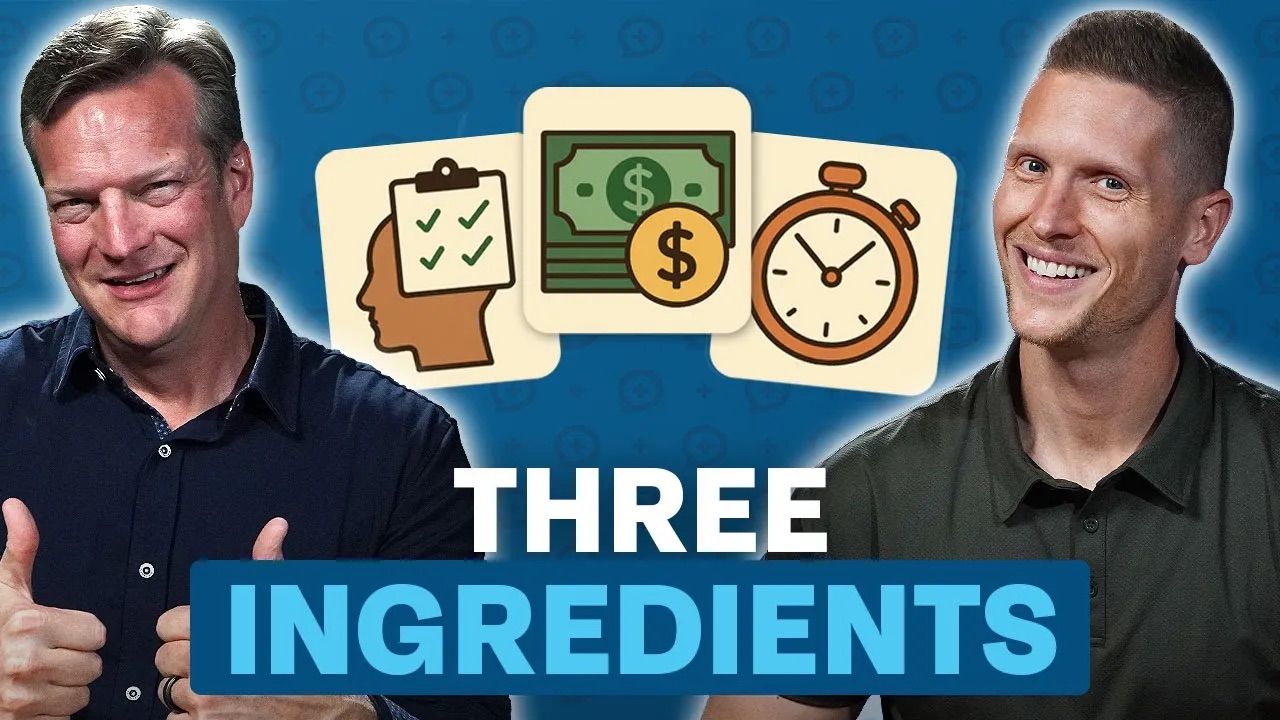The general recommendation is 3-6 months of living expenses kept in a high-interest savings account, but it may be different depending on your financial situation.
Building an emergency fund is Step 4 in the Financial Order of Operations. But before you build up your emergency reserves, make sure you’ve completed Steps 1-3, which includes having enough liquid cash to cover any deductibles on your insurance policies (car insurance, health insurance, etc.).
Once you’re ready to build your emergency fund, figure out how much it takes for you to run your household on a monthly basis (rent/mortgage, utilities, groceries, etc.). You’ll need to have enough in liquid cash to cover 3-6 months of expenses.
Should I keep 3 or 6 months of emergency reserves?
Your emergency fund depends on your job security and how long it takes you to find a job.
If you have kids or other people dependent on your income, or if you have a stay-at-home spouse, you’ll probably want to save 6 months of reserves. If you’re single and highly employable, or if you’re married and both spouses make around the same income, you may only need 3 months of reserves.
How much do retirees need in emergency reserves?
As you approach retirement, you’ll want to set yourself up for success no matter how the market is performing. That’s why we recommend having at least 12-18 months of liquid emergency reserves ready for when you retire.
Where should I keep my emergency fund?
Emergency reserves should be kept in a liquid account, such as a high-yield savings account. Here’s a list of some of the top-rated high-yield savings accounts. The goal here is to let your emergency reserves be there for you during emergencies – so you don’t want them locked up in an IRA or another retirement account. Your liquid cash reserves won’t earn you much interest, but you’ll be thankful to have it when you need it!












